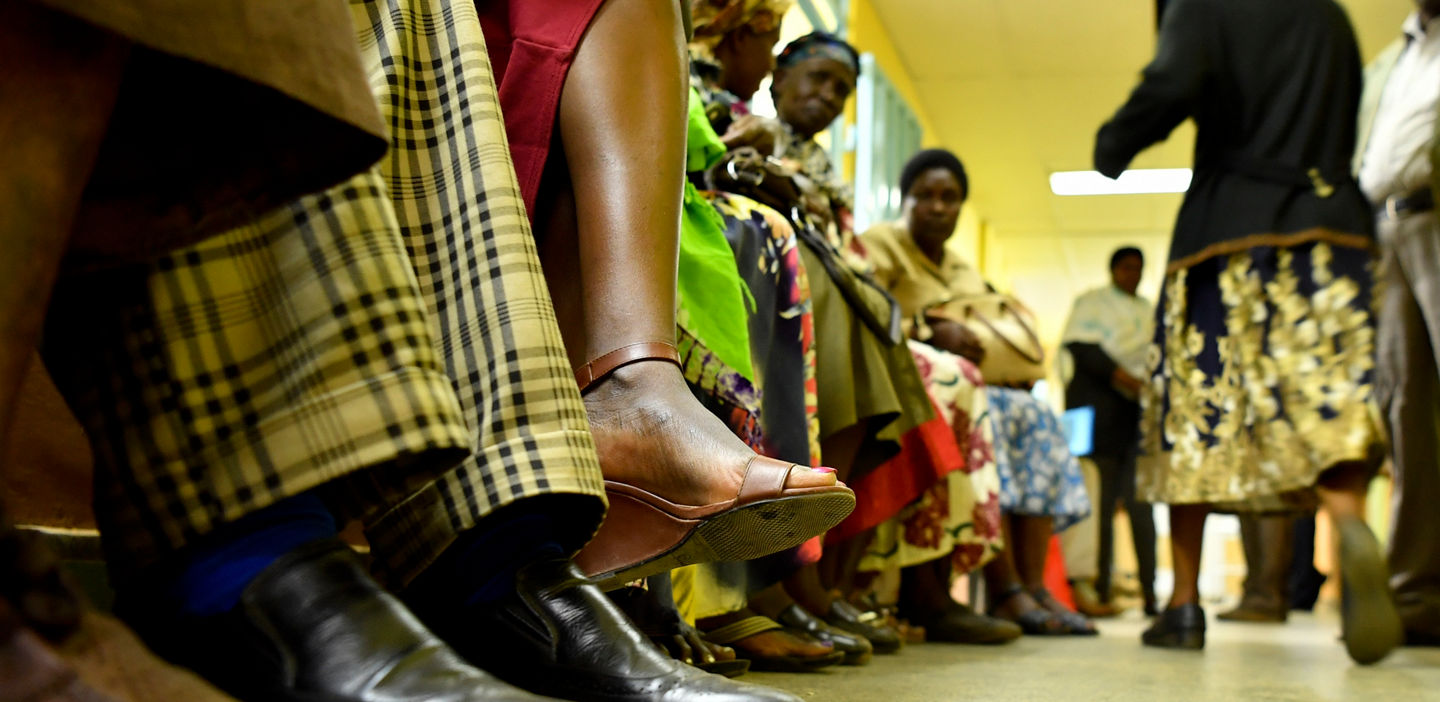More than 25 million people are infected with HIV in Africa.1 UNAIDS has promoted the need for innovative diagnostic testing solutions and resources for HIV disease elimination programs in underserved African countries. The goal is to expand treatment and prevention strategies to end the AIDS epidemic by 2030.2
Agencies such as PEPFAR and the WHO have been working closely with Roche ensuring that high-quality and affordable diagnostic solutions are delivered to countries in Africa and around the world to help end the HIV burden. With HIV diagnostic testing and measurement of viral load, patients can be accurately diagnosed and monitored for their viral loads while receiving the highest quality treatment during their lifetime.
In 2012, Roche and PEPFAR announced a public-private partnership to strengthen certification programs, educational resources and molecular diagnostic laboratory systems with the hopes of improving HIV and AIDS prevention, treatment and outcomes.3
In 2019, Roche received an award from PEPFAR enabling the company to meet the increased global demand for HIV diagnostic testing through improved and cost-effective HIV viral load and early infant diagnosis products and services. Under the award, Roche will work with PEPFAR to scale-up HIV screening tests across the world and commit services to the six countries that make up 70% of the PEPFAR viral load and early infant diagnosis testing volume -- Kenya, Mozambique, Nigeria, Tanzania, Uganda and Zambia.
To further demonstrate its commitment to the value of screening tests, Roche’s HIV diagnostic portfolio was granted WHO PQ on March 11, 2021, a comprehensive, standardized assessment that ensures in vitro diagnostic tests meet strict requirements for safety, quality and performance for use in resource-limited settings.4 WHO PQ will ensure that developing nations and remote areas can receive the best, fit-for-purpose HIV diagnostics through the Roche Global Access Program.
Roche’s portfolio of HIV molecular diagnostic solutions include reliable tests for HIV detection and fully automated PCR systems that use highly efficient, flexible workflows to ramp up throughput and reduce error. These systems can be coupled with an easy-to-use sample collection device, which is about the size of a credit card and designed for simple blood collection and transportation in areas of extreme heat and humidity before analysis. With these solutions, laboratories and healthcare centers in every country can scale-up complete and comprehensive HIV diagnosis, early infant testing and plasma viral load testing to battle the disease and ensure patients get the care they need.


